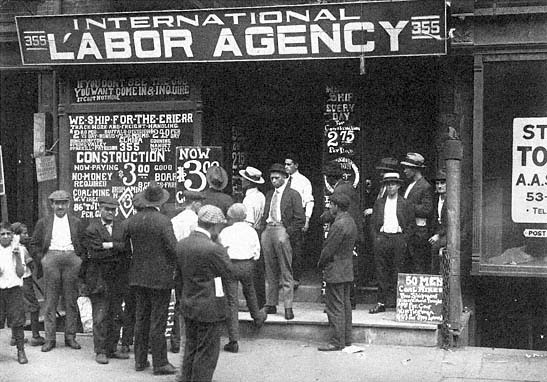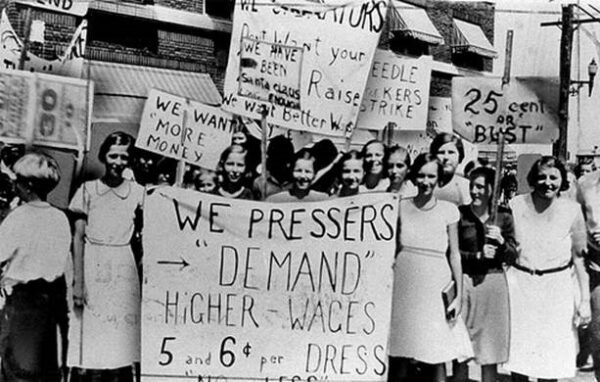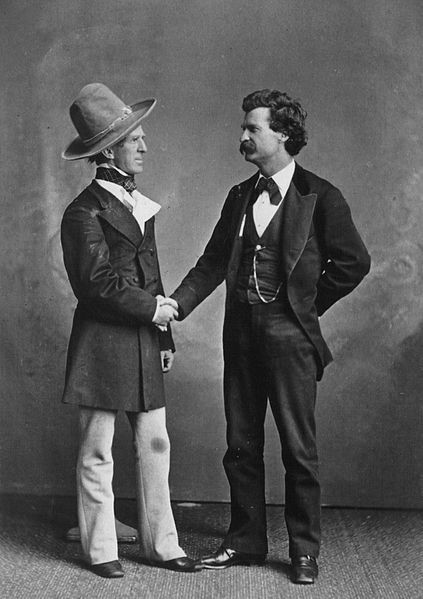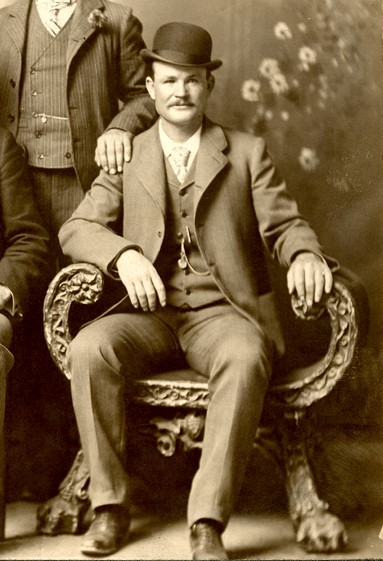Posts Tagged ‘hiring employees’

WHY JOB DESCRIPTIONS MATTER
Employers can easily overlook the importance of job descriptions, starting as part of the hiring process. No law requires them and no explicit guidelines or instructions exist for writing them. However, properly written and updated job descriptions can be an important tool to help management and employees fully understand the nature of each company position […]

PREVENTING WORKPLACE DISCRIMINATION
ACCOMMODATING DISABILITIES, MADE SIMPLE – New Guidelines Package Available for California Employers The California Fair Employment and Housing Act (FEHA) requires employers with five or more on payroll to engage in an “interactive process,” i.e., a timely, good faith communication to explore if and how to reasonably accommodate a physically or mentally disabled worker in order to […]

ASKING FOR JOB APPLICANT AGE IS A NO-NO
California’s Updated Guidelines for Hiring Interviews and Applications California employers must comply with increasingly complex anti-discrimination laws. See, New Transgender Rights in the Workplace (July, 2017), High Times in California (April, 2017), and Banning the Box in Los Angeles (March, 2017). To further aid management in determining a person’s job qualifications without violating the applicant’s […]

EQUAL PAY FOR WOMEN
San Francisco Bars Employers Asking Applicants for Pay History Taking a cue from the California Equal Pay Act (2016), San Francisco’s Board of Supervisors has passed a city-wide “Parity in Pay Ordinance” promoting gender wage equality by restrictions on what an employer can ask a job applicant on his/her pay history. Effective July 1, 2018, […]

LOS ANGELES HIRING PRACTICES
APPLICANT CRIMINAL HISTORIES – New Information Restricting Los Angeles Hiring Practices The City of Los Angeles’ Department of Public Works, Bureau of Contract Administration recently published frequently asked questions (FAQs) to assist employers in applying its Fair Chance Initiative for Hiring Ordinance (FCIHO) that went into effect January 22, 2017. For more on this ordinance, […]

“BANNING THE BOX” IN LOS ANGELES
City Tightens Its Rules on Improper Use of Criminal Records to Deny Employment Effective January 22, 2017, the City of Los Angeles’ (City) Fair Chance Initiative for Hiring Ordinance (FCIHO) prohibits employers with 10 or more employees located or doing business in the City from inquiring into a job applicant’s criminal history by any means, […]

WHAT’S NEW IN 2017
A CLOSER LOOK AT UBER, LYFT DRIVERS California’s New Criminal Background Checks For Transportation Network Companies Effective January 1, 2017, AB 1289 (the Act) requires all transportation network companies (TNC) such as Uber and Lyft – businesses using an online-enabled platform to connect paying passengers with drivers using their personal vehicles – to conduct a […]

WHAT’S NEW IN 2017
Ban The Box In The City Of Los Angeles The City of Los Angeles (City) is now the second city in California after San Francisco to restrict employers from asking job applicants about criminal conviction until a conditional offer of employment has been made. See, San Francisco Employers Must Give Former Convicts a Fighting Chance […]

WHAT’S NEW IN 2017
Employers May Not Request Juvenile Criminal History in Employment Application California restricts the type of questions employers may ask job applicants about their criminal history. Employers may not request information about a felony or serious criminal misdemeanor which has been judicially expunged, dismissed or ordered sealed and employers may only seek information about criminal convictions […]

ANGER MANAGEMENT
Jerks, Introverts and the Americans with Disabilities Act, Weaving v. City of Hillsboro The ability of employers to follow the law – and of judges to enforce it – depends on clearly defined standards of responsibility and conduct. Vaguely or otherwise poorly stated rules can lead to inconsistent outcomes in very similar factual situations. This […]
